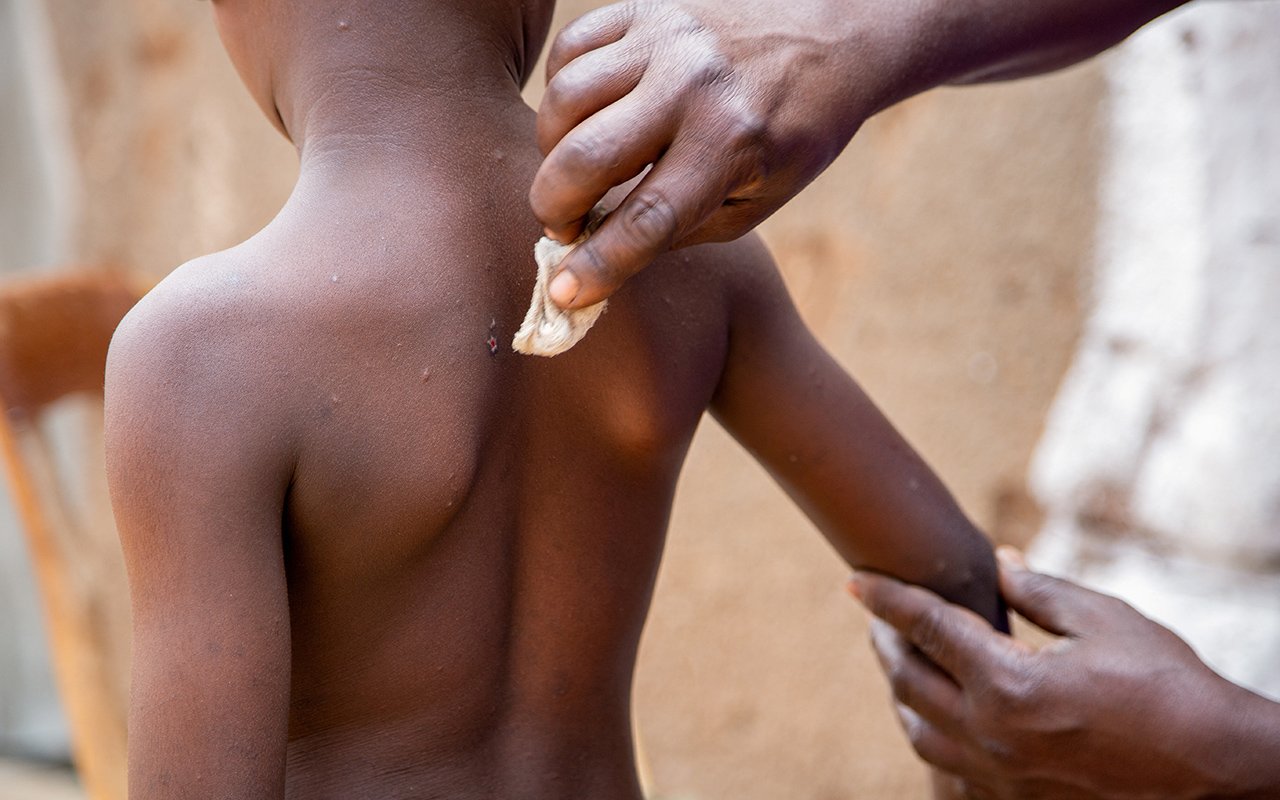Prime
Wheelchair basketball: American coaches emphasise communication

People With Disabilities (PWDs) playing wheelchair basketball on Parliamentary Avenue. PHOTO/ABDUL-NASSER SSEMUGABI
What you need to know:
Two years after her lower right leg was amputated, Joan Nabasirye started playing wheelchair basketball in 2019, for rehabilitation.
Two years after her lower right leg was amputated, Joan Nabasirye started playing wheelchair basketball in 2019, for rehabilitation.
Now she has a dream of forging a career out of sports. Twice, she has represented Uganda at regional tournaments—most recently the qualifier to the inaugural 2023 African Paralympic Games.
But until she attended the wheelchair sport clinic, at the MTN Arena-Lugogo, Nabasirye did not know that spacing among teammates and throwing long balls is an important tactic in winning wheelchair basketball games.
“We have been fond of gathering where the ball is but the American coaches have emphasised that widening the field and throwing long balls gives a team an advantage over the opponent,” Nabasirye told Daily Monitor yesterday after the first session of the four-day clinic conducted by American para-sport coaches Peter Hughes and Dan Altan.
“They are also training us to focus more, to improve on our throwing and scoring accuracy,” she added.
If such messages percolate through all the trainees, Hughes and Altan will have achieved their target.
The duo and two other friends co-founded Wheelchair Athletes Worldwide, a charity that aims to promote social change through wheelchair sports.
In September 2022, the charity donated 10 standard sporting wheelchairs to Uganda, which were crucial as Uganda qualified for the Accra Games due in September.
Already, Hughes was surprised by that quick success, compared to India, Nepal, Peru, Indonesia, where Wheelchair Athletes Worldwide has donated over 50 wheelchairs and offered training to players and coaches.
Unlike Nabasirye, whose female team did not qualify for Accra, majority of the men who turned up for the training will in September take on continental giants Algeria and hosts Ghana in Group A.
Sulaiman Mayanja, the Uganda Wheelchair Basketball Federation president, who is also a player, promised a decent performance, “If all goes well.” He added: “This training was delayed by covid-19 but it has come at the best time when we are preparing for the African test. The lessons we are taking are very important.”
But, Hughes said, one thing the Ugandan players must improve on immediately is communication.
“We’ve noticed that they do not speak effectively during the game, yet communication is everything on the court. They have to call for the ball, etc.” he said. “In elite sports like [conventional] basketball, soccer, rugby, football, the players are so familiar to each other that they don’t need to talk to communicate on the pitch, but in adaptive sports it’s a must.”
Communication also minimises collision, thus minimising injuries.
Hughes cited himself as an example when he joined para-sport when his colleague Altan had played for 25 years, but effective communication helped him adapt fast.
By the end of the four-day clinic on Friday, Hughes believes the trainees will have also improved on their throwing and movement.




